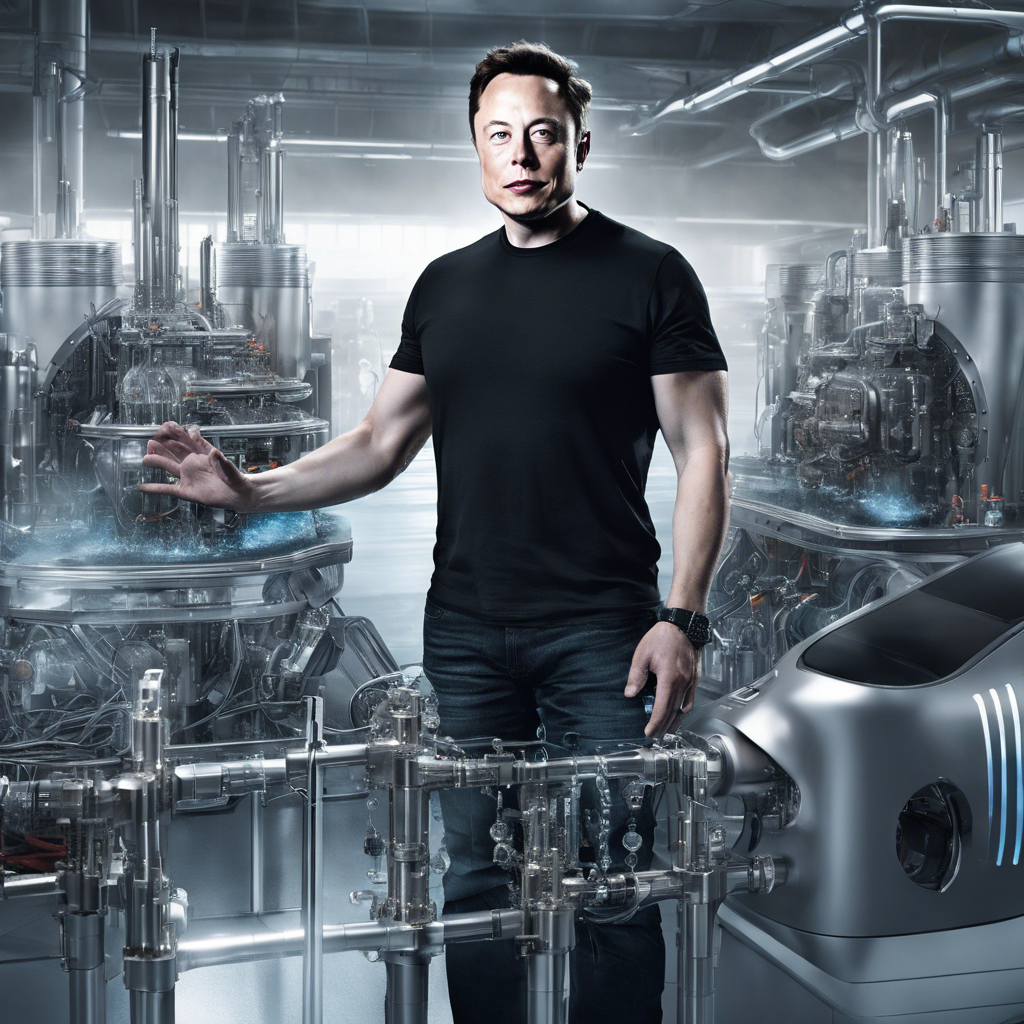“Elon Musk’s Revolutionary Water Engine: A Shift Towards Hydrogen Power and Environmental Sustainability”
Elon Musk’s announcement about Tesla’s revolutionary water engine marks a significant leap in transportation technology, shifting the focus from battery-powered vehicles to hydrogen power. This innovation promises to enhance environmental sustainability and operational efficiency, with several key features and implications:
Key Highlights of the Water Engine Announcement:
1. Shift to Hydrogen Power:
- Tesla is transitioning from battery technology to hydrogen-powered vehicles, prompted by challenges in mass-producing battery cells. This strategic change indicates a commitment to finding cleaner alternatives to traditional fuel sources.
2. Clean Technology:
- The water engine employs reverse electrolysis, generating electricity by combining hydrogen and oxygen and producing only water vapor as a byproduct. This technology distinguishes it from conventional combustion engines and aligns with sustainability goals.
3. Efficiency and Emission Reduction:
- The water engine achieves around 60% efficiency and could drastically reduce carbon emissions, aiding in improving air quality, particularly in urban environments. This transition promises lower maintenance costs compared to traditional and electric vehicles.
4. Infrastructure Challenges:
- Establishing a hydrogen refueling infrastructure will require significant investment and collaboration. The success of water engines depends on overcoming current dependencies on fossil fuel-based systems in automotive manufacturing and refueling.
5. Market Potential and Job Creation:
- The introduction of water engines could reduce global reliance on oil, leading to stable fuel prices and job creation in emerging sectors focused on clean technology.
6. Safety Measures:
- Given the flammability of hydrogen, Tesla is implementing advanced storage systems and comprehensive safety protocols to ensure safe handling. Regulatory compliance and public trust are prioritized during this rollout.
7. Role of Government and Collaboration:
- Government incentives and subsidies could significantly accelerate the adoption of hydrogen technologies. Collaborating with universities and tech companies will also be crucial for optimizing performance and integrating advanced technologies.
8. Broader Applications:
- The potential of water engines can extend beyond automobiles, impacting aviation and maritime industries, leading to broader reductions in carbon emissions across sectors.
Conclusion
Musk’s water engine could transform the automotive landscape and beyond, introducing a cleaner, more efficient energy solution. However, it faces challenges regarding safety, infrastructure development, and public acceptance that need to be addressed for successful implementation.


